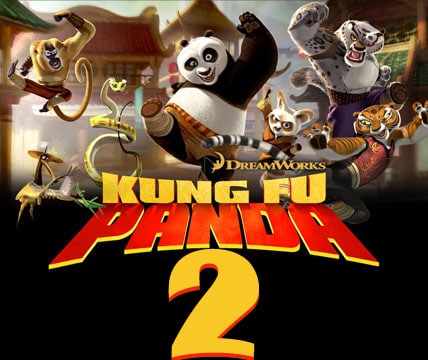So, all of my loyal readers know that I practically live at the library. In the summer it's no different, except I usually haul my kids with me on my visits. They love the library too. When we go, they immediately run off to read graphic novels and other things I usually won't buy for them. And they're perfectly cool with me picking out their books for the week. I don't know how long this is going to last but for now it works for me.
So, this summer I've been trying to get my sci-fi loving 11-year-old to read more realistic fiction. I still try to find stories that I think will speak to him as a 11-year-old boy who likes sci-fi and fantasy. So, for example, last week he read The Orphan of Ellis Island, about an orphaned Italian-American boy who falls through a time portal and goes back in time and meets his Italian ancestors. He loved it. Yes! Yesterday, I stumbled upon a book called Kimchi & Calamari. You know with just that title, I was intrigued.
Sure enough, the book is about a Korean boy adopted by an Italian-American family. The boy in the story is 14 years old and dealing with typical teen boy stuff, plus he's dealing with identity issues and a search for a birth parent. Here's a link to a review (cuz I haven't read it yet.) And here's how the author, Rose Kent sells, Kimchi & Calamari:
" Kimchi and calamari is a quirky food fusion — and exactly how fourteen-year-old Joseph Calderaro feels about himself. Why wouldn’t an adopted Korean drummer feel like a combo platter given
- his face in the mirror and
- his proud Italian family?
Now Joseph has to write an ancestry essay for school. But all he knows is that his birth family put his diapered butt on a plane to the USA.
What Joseph does leads to a catastrophe messier than a table of shattered dishes — and self-discovery that he never could have imagined."
Sounds good right? It'll be next on the list for my son. And I'll tell you how it goes.
Has anybody else read Kimchi and Calamari? Any thoughts? Any other realistic fiction suggestions for an 11-year old boy with Ms. Meltingpot for a mom? I'm listening.
Peace!









